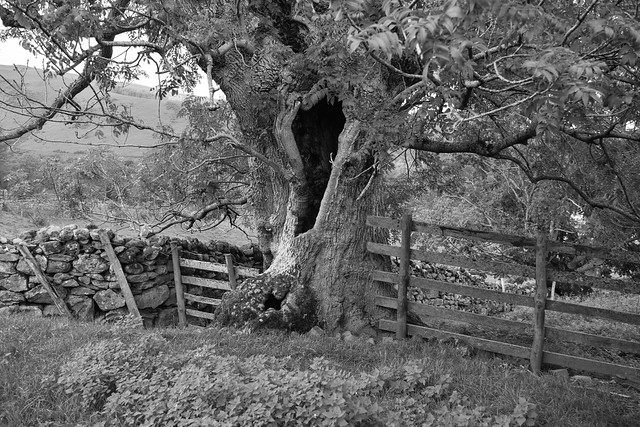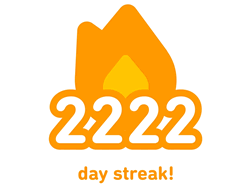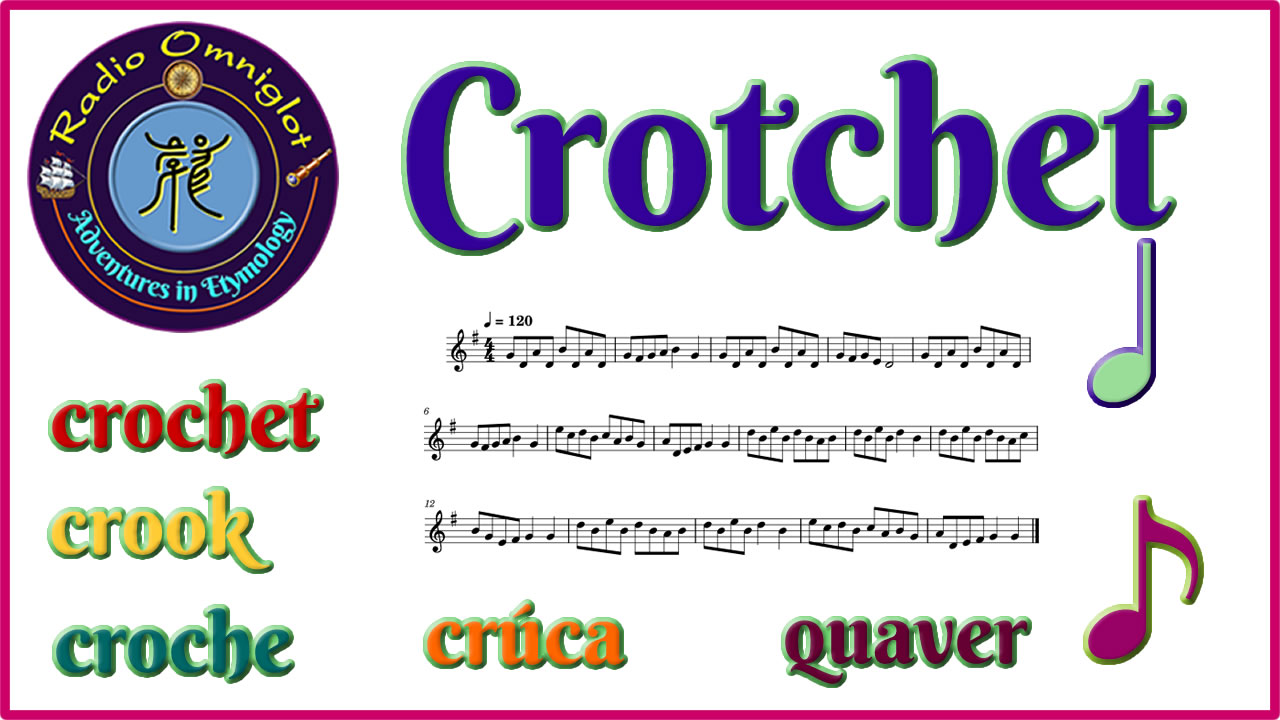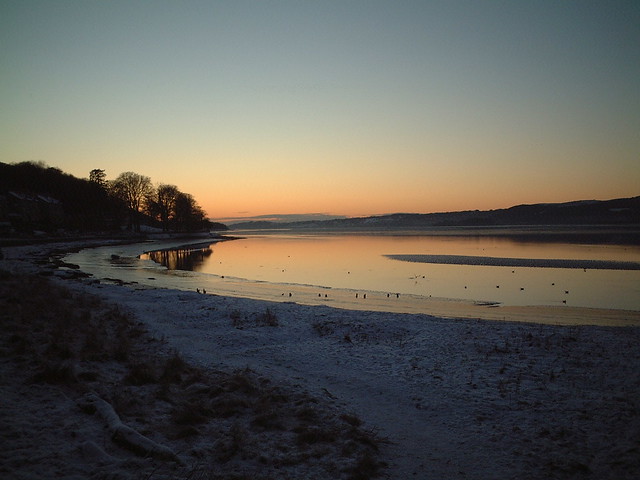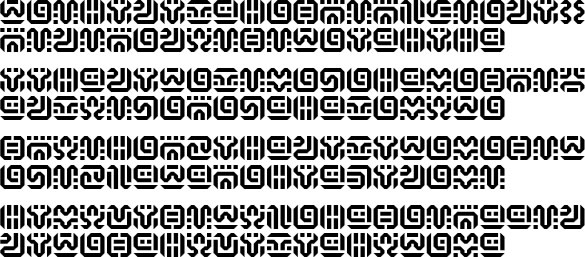Podcast: Play in new window | Download
In this episode we’re delving into Celtic words for hollow and related things.
The Proto-Celtic word *tullos means pierced, perforated or hole, and comes from Proto-Indo-European *tewk- (to push, press, beat, pierce, perforate), from *(s)tew- (to push, hit) [source].
Descendents in the modern Celtic languages include:
- toll [t̪ˠoːl̪ˠ] = hole, hollow, posterior, piereced, empty in Irish.
- toll [tɔul̪ˠ] = hole, penetration, hole, hold (of a ship) in Scottish Gaelic
- towl = aperture, bore, cavity, crater, hole, hollow in Manx
- twll [tʊɬ] = hole, aperture, dimple, hollow, pit, cave, burrow, den, orifice in Welsh.
- toll = burrow, hollow, hole, opening, orifice in Cornish
- toull [ˈtulː] = holed, pierced, hole, entrance in Breton
Words from the same Proto-Celtic root in other languages include tollo (hole in the ground where hunters hide, puddle) in Spanish, toll (pool, puddle) in Catalan, and tol (ditch, dam) in Galician [source].
Words from the same PIE root possibly include tkát (to weave) in Czech, тъка [tɐˈkɤ] (to spin, plait, entwine, weave) in Bulgarian and tkać (to weave, stick, tuck) in Polish [source]. Also stoke in English, stoken (to poke, stoke, light a fire, stir up) in Dutch, and estoquer (to impale) in French [source]
You can find more details of words for hollows, holes, caves and related things on the Celtiadur blog. I also write about words, etymology and other language-related topics on the Omniglot Blog.
Radio Omniglot podcasts are brought to you in association with Blubrry Podcast Hosting, a great place to host your podcasts. Get your first month free with the promo code omniglot.
